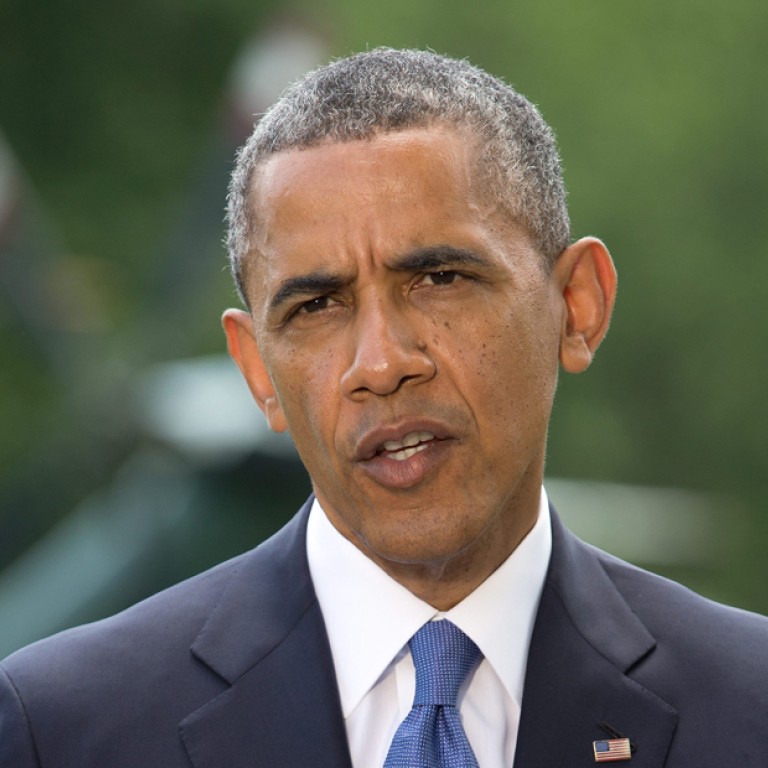
US does more harm than good with military intervention on foreign soil
The US promises peace and stability wherever in the world its military goes. More often than not in recent years, though, there has been conflict and chaos.
The US promises peace and stability wherever in the world its military goes. More often than not in recent years, though, there has been conflict and chaos. A lesson should have been learned from the invasion and occupation of Iraq in 2003; tranquility was predicted, yet when the last American troops pulled out eight years later, the nation was wracked by sectarian violence. With Islamist extremists now overrunning northern cities and threatening Baghdad, US President Barack Obama's response is not to engage in self-reflection, but to consider immediate action.
Obama is unlikely to opt for another boots-on-the-ground solution, even though that is what opposition Republican politicians want; Americans are unwilling to stomach the financial cost or put the lives of soldiers at risk. While drone air strikes seem to be the most likely option, a decision has yet to be made. Such action would be in support of Iraqi Prime Minister Nouri al-Maliki, whose increasingly autocratic rule has in large part led to the insurgency. Backed by billions of dollars of American aid, his policies have favoured his majority Shiite Muslim faction, marginalising and enraging Sunni opponents.
The Obama administration claimed the al-Qaeda terrorist organisation was on the path of defeat when US special forces killed its leader, Osama bin Laden, at a Pakistani hideout in 2011. But the Sunni militant group known as the Islamic State of Iraq and the Levant now surging towards the Iraqi capital is an al-Qaeda offshoot which has already made dramatic gains in northern Syria. Similarly, as the US prepares to pull out of Afghanistan, contending its mission against Taliban extremists is largely fulfilled, an offshoot of the group is stepping up attacks in neighbouring Pakistan. A brazen assault on Karachi's international airport last Sunday left 28 people dead. Peace talks with the government have broken down.
US drone strikes on suspected terrorists in Pakistan's tribal regions bordering Afghanistan - the same strategy being discussed for Iraq - garnered support among Pakistanis for the Taliban. American aid to rebels fighting Syria's civil war was matched by military backing from Saudi Arabia for al-Qaeda-linked militants and from Iran for Shiite fighters. US interference in the internal affairs of nations has led not to peace, but instability. Iraqis know that only too well; it is time the US and other nations stopped military meddling and instead work for diplomatic solutions.

